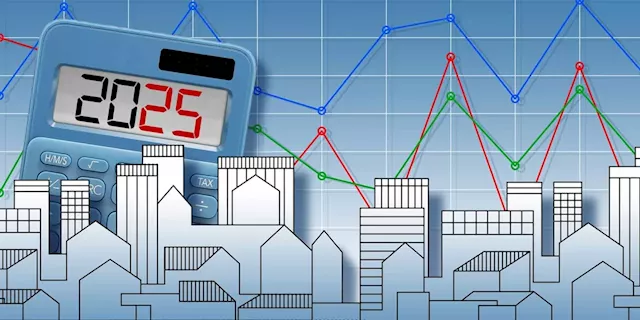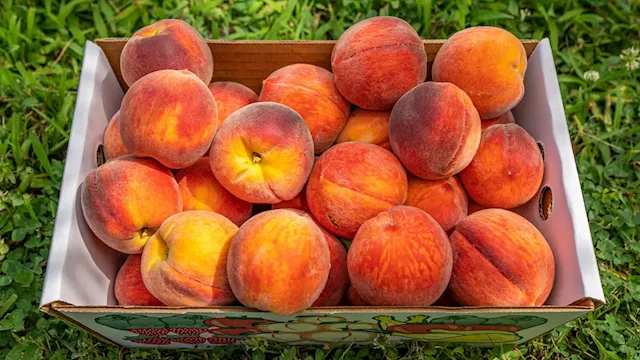The residential property market is showing strong signs of recovery, with house price inflation surpassing pre-pandemic levels. Homes are now on average 39% more expensive than they were in 2019, before the start of the pandemic, says Bradd Bendall, BetterBond’s National Head of Sales. According to data from BetterBond’s November Property Brief there’s been a year-on-year inflation of 4.1% for first-time buyers and 3.3% for all buyers.
In nominal terms, the average annual rate of house price increases for all buyers is 5.9%. With consumer inflation at 3.8%, there is a strong likelihood that house prices will start increasing in real terms over the next few months, adds Bendall. Furthermore, home loan application volumes have jumped by 30% compared to this time last year. As reported in BetterBond’s November Property Brief, the quarter-on-quarter results are also impressive, with home loan application volumes increasing by 18%, says Bendall. Although house prices took a slight knock in July and August this year, compared to the second quarter of 2024, the year-on-year movement suggests that a property market boom is imminent. As expected, given the ongoing demand from buyers semigrating from other provinces, the Western Cape registered the most significant price increase, with house prices rising by on average 7.7% between March 2023 and March this year, says Bendall. Lightstone reports that 14 of the 15 towns with a net gain in homeowners because of semigration in the Western Cape. Although house price inflation is not evenly distributed among provinces – Stats SA reports that Gauteng saw a price growth of only 0.7% between March 2023 and March this year – there is enough growth to have an impact on buyer and investor confidence in the property market as a whol
Brasil Últimas Notícias, Brasil Manchetes
Similar News:Você também pode ler notícias semelhantes a esta que coletamos de outras fontes de notícias.
 South African Property Market Sees Cautious Optimism in 2025The South African property market is looking towards 2025 with cautious optimism after significant economic and political changes in 2024.
South African Property Market Sees Cautious Optimism in 2025The South African property market is looking towards 2025 with cautious optimism after significant economic and political changes in 2024.
Consulte Mais informação »
 Takealot Dominates South African E-commerce Market with 15-20% ShareNaspers-owned Takealot leads the South African e-commerce market with a 15-20% share, followed closely by Checkers Sixty60. Online fashion stores hold the largest market share, followed by electronics and groceries. The industry has seen significant growth, driven by improved delivery services and a rising number of online shoppers.
Takealot Dominates South African E-commerce Market with 15-20% ShareNaspers-owned Takealot leads the South African e-commerce market with a 15-20% share, followed closely by Checkers Sixty60. Online fashion stores hold the largest market share, followed by electronics and groceries. The industry has seen significant growth, driven by improved delivery services and a rising number of online shoppers.
Consulte Mais informação »
These retailers are dominating the South African e-commerce marketSouth African retailers are leading the e-commerce landscape with Takealot. com and Checkers carving out impressive market shares.
Consulte Mais informação »
 India Evolves into a Key Market for South African Stone FruitsStone fruit season is upon us, bringing joy to both South Africans and Indian consumers. The export of peaches, nectarines, and plums from South Africa to India is a significant event, highlighting the strong relationship between the two countries.
India Evolves into a Key Market for South African Stone FruitsStone fruit season is upon us, bringing joy to both South Africans and Indian consumers. The export of peaches, nectarines, and plums from South Africa to India is a significant event, highlighting the strong relationship between the two countries.
Consulte Mais informação »
